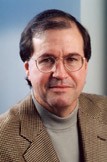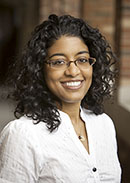Bundle: Criminal Procedure: Adjudication and the Right to Counsel, Third Edition and Connected Quizzing
Bundle: Criminal Procedure: Adjudication and the Right to Counsel, Third Edition and Connected Quizzing
Print Bundle - This bundle includes both print and digital versions of ISBN 9781543804386 as well as Connected Quizzing, ISBN 9781543814491.
Digital Bundle - This bundle includes a digital-only version of ISBN 9781543822649 as well as Connected Quizzing, ISBN 9781543814491.
More about Criminal Procedure: Adjudication and Right to Counsel, the Third Edition is designed for the criminal procedure course focused on the pretrial, trial, and post-trial processes. It covers prosecutorial decision making, pretrial release, grand juries, speedy trial rights, venue, joinder and severance, discovery, guilty pleas and plea bargains, trials, sentencing, appeals, and postconviction challenges. The book is designed to be used with the annual supplement that contains the statutes and rules covered in the course. This text is derived from the successful casebook Comprehensive Criminal Procedure by the same experienced author team.
Bundle also includes Connected Quizzing. Delivered through CasebookConnect.com, Connected Quizzing is an easy-to-use formative assessment tool that tests law students’ understanding and provides timely feedback to improve learning outcomes. Connected Quizzing requires a Professor Course Code to access the quizzes.
Product Information
Bundle: Criminal Procedure: Adjudication and the Right to Counsel, Third Edition and Connected Quizzing
Digital Bundle
Bundle: Criminal Procedure: Adjudication and the Right to Counsel, Third Edition and Connected Quizzing
Connected eBook Print + Digital Bundle



